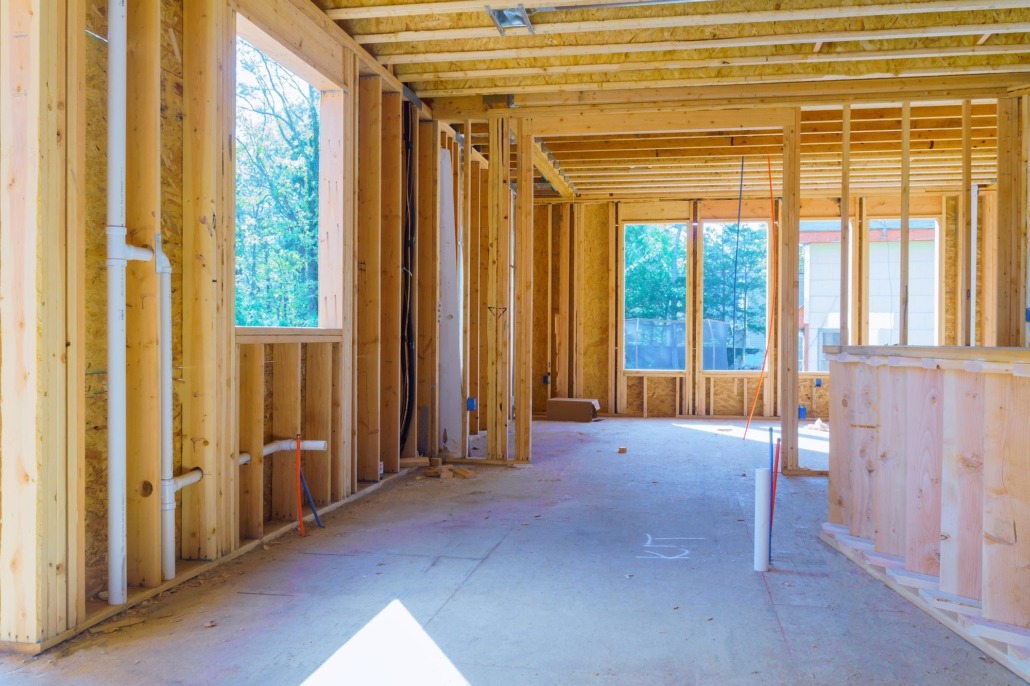LEGAL+ NEWS
The ZPO reform 2019 – “small” but noteworthy – is on the home straight. In the following, I provide an overview of the “highlights” resulting from the draft bill of the Federal Ministry of Justice:
Highlight 1: “Structuring” of the subject matter of the dispute by the court
According to the legislator, the courts should “structure” or “stratify” the matter in dispute as part of their litigation function. This possibility already exists, and a clarification in the law should now lead to the courts also making use of this possibility.
139 para. ZPO should read in future:
“The court can structure and stratify the matter in dispute.”
Highlight 2: Promoting the use of experts outside of formal hearings of evidence
As is already the case with regard to the “structuring” of the subject matter of the dispute, this is already possible today with regard to the future intention to consult experts. The amended wording is intended to make the courts more aware of this possibility in the legislative hope that more use will be made of it in future.
144 para. 1 sentence 1 ZPO should read in future:
“The court may order the taking of an inspection and the involvement of experts.”
This regulation – which, as I said, is not new in terms of its subject matter – must be viewed highly critically against the background of the principle of production of evidence, which is fundamental to civil proceedings:
This is because the principle of submission of evidence states that the parties alone must prepare the facts of the case for the court. The “involvement” of experts desired by the legislator results in the court determining the facts of the case. In addition, any expert consulted is no longer bound by the evidentiary questions posed by the parties. This means that the expert inevitably influences the process without this being controlled by the parties as the actual “masters” of the process.
Another very critical side effect of consulting experts in court is the incalculable costs incurred. It already seems questionable that this option allows the court itself to decide on the incurrence of costs that ultimately have to be borne by the parties as expenses of the court. Furthermore, the party who decides to file a lawsuit or defend against a lawsuit can no longer calculate the anticipated costs.
Highlight 3: Increased efficiency through various procedural simplifications – in particular: Simplification of the procedure for a court settlement
The adaptation of various regulations is intended to “increase efficiency”. In particular, a simplification with regard to the conclusion of court settlements should be mentioned:
Until now, the law has required that both parties accept a settlement proposed by the court by means of a written statement in order for a settlement recorded by the court to be effective.
In future, it should also be possible to declare agreement with a court settlement proposal on the record during the oral hearing.
278 para. 6 sentence 1 ZPO should read in future:
“A court settlement can also be concluded by the parties submitting a written settlement proposal to the court or by accepting a written settlement proposal from the court by means of a written statement or a statement for the record at the oral hearing before the court.”
Highlight 4: Permanent value limit of EUR 20,000 for appeals against denial of leave to appeal
In future, the value limit for lodging an appeal against denial of leave to appeal, which has been standardized several times for a limited period to date, is to be permanently set at EUR 20,000. Appeals that have been rejected as inadmissible will remain exempt.
544 para. 2 no. 1 ZPO should read in future:
“(2) An appeal against denial of leave to appeal shall only be admissible if
1. the value of the complaint to be asserted with the appeal exceeds twenty thousand euros or (…)”
The value limit is justified by the fact that this is the only way the BGH can “fulfill its tasks on a permanent basis”.
Highlight 5: “Automatic” withdrawal of the claim if the statement of claim in the contentious proceedings falls short of the dunning request
In practice, it is often the case that the application in the statement of claim falls short of the dunning request from the previous dunning procedure. In such cases, a corresponding withdrawal of the claim should be automatically assumed in future.
Highlight 6: Creation of further mandatory special chambers
Special chambers for proceedings in construction, medical liability, banking and insurance matters were already introduced in 2017 as part of the reform of construction contract law.
With the 2019 reform of the Code of Civil Procedure, special chambers are also to be introduced for proceedings in the areas of communications and information technology, inheritance law, insolvency law (including the right of avoidance) and press matters.
Highlight 7: ZPO reform 2019 contains a declaration of intent by the legislator regarding a reform of the chambers for commercial matters
Last but not least, the draft bill for the 2019 reform of the Code of Civil Procedure contains a declaration of intent to reform the chambers for commercial matters in order to make Germany more attractive as a place of justice. Due to its particular importance, this project is to be reserved for a separate legislative procedure.

Conclusion on the ZPO reform 2019
Intended “increases in efficiency”, e.g. by simplifying the possibility of reaching a court settlement, appear to be welcome insofar as they have an accelerating and simplifying effect in the interests of the parties.
Apart from that, however, the legislative motives that come to light in the draft bill must be viewed highly critically, as the legislator is primarily concerned with relieving the burden on the courts in many of the provisions – to the detriment of the parties, whom the courts are supposed to serve. In doing so, the legislator even accepts a considerable weakening of the basic principles of civil procedure by increasingly transferring to the courts the tasks that are actually assigned to the parties alone. Sooner or later, this will lead to an official investigation by the civil courts.
By the way, please also read my article on innovations in the ZPO in the area of expert witness law that have received little attention to date.

LATEST ARTICLES

Guide to GmbH law: The duties and liability risks of the managing director of a GmbH
In the external relationship, only the GmbH is liable, which can indemnify its managing directors. However, this does not mean that external liability of the managing directors is excluded.
In addition to personal liability in the area of tax and social security law, the managing director may also be liable on the basis of his own contractual obligations, on the basis of an induced legal appearance, on the basis of (personal) culpability when concluding the contract and in tort.
For the aforementioned reasons, every managing director of a GmbH is urgently recommended to be familiar with the requirements for proper managing director activities.

Estimation of fictitious defect rectification costs
For some time now, a landmark decision by the Federal Court of Justice has clarified that the contractual claim for damages in lieu of performance pursuant to Sections 437 No. 3, 280, 281 BGB can be assessed on the basis of the “fictitious” defect rectification costs that are likely to be necessary but have not yet been incurred, see BGH ruling of 12.03.2021, Ref. V ZR 33/19. In practice, it is of particular relevance how the court called upon to decide in an individual case is to determine the amount of such fictitious damage costs.

EUGH ruling “LKW Walter”
The possibility of being able to enforce one’s own rights as easily and quickly as possible in cross-border EU business transactions, which is very welcome in principle, has some pitfalls. The author’s experience shows that traders are often overwhelmed when they receive legally relevant mail from abroad. This is not least due to the fact that court documents received from abroad often do not meet the requirements of European law.
CONTACT

+49 (40) 57199 74 80
+49 (170) 1203 74 0
Neuer Wall 61 D-20354 Hamburg
kontakt@legal-plus.eu
Benefit from my active network!
I look forward to our networking.
This post is also available in: DE

